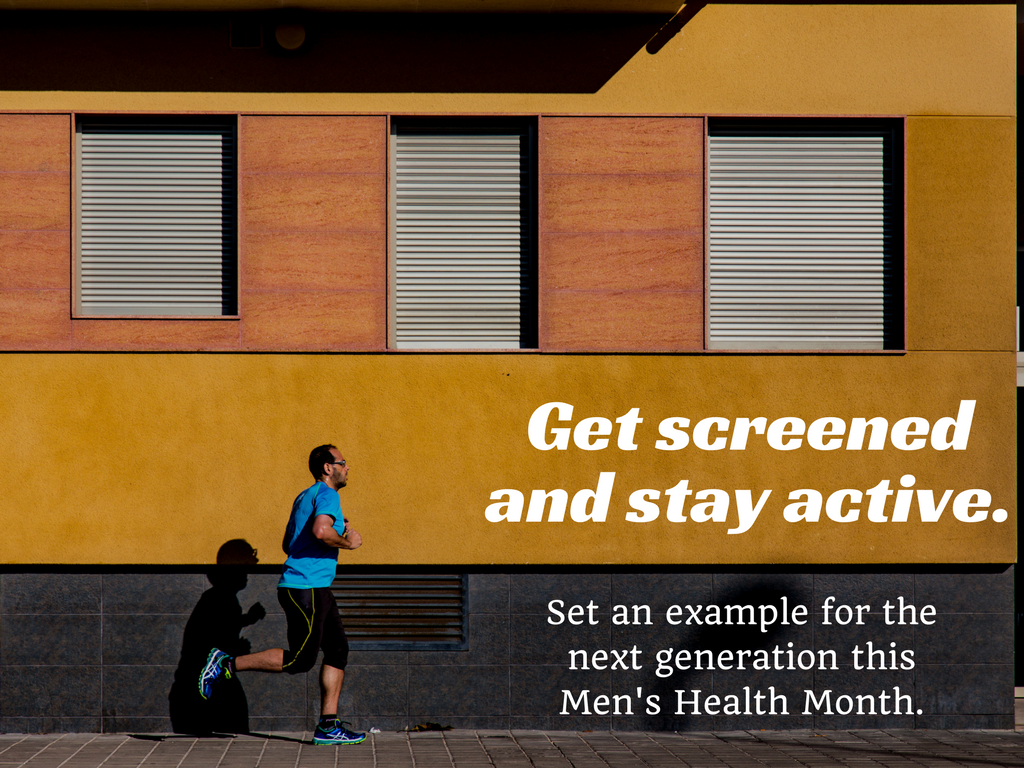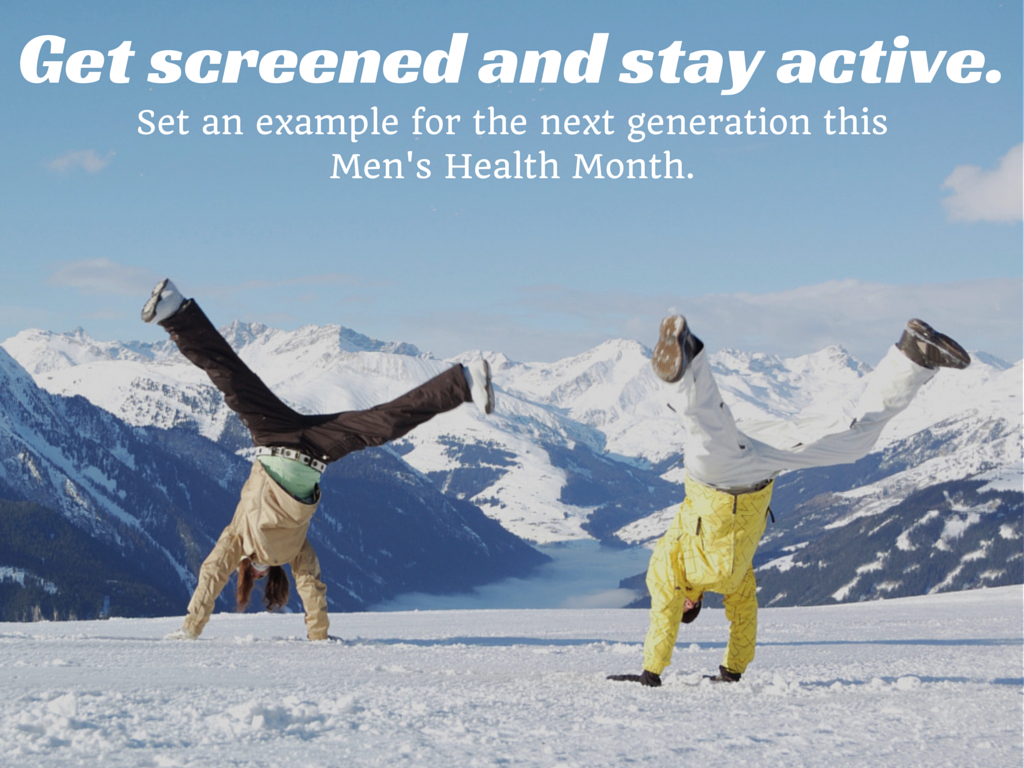
Can you believe it is already June! Kids are out of school; graduations have swiftly passed; and the pools are open. Since it is June, it’s time to take a moment to focus on men’s health.
For reference, one hundred years ago, men lived longer than women by an average of one year, according to the Centers for Disease Control and Prevention. But today, women live about six years longer. Furthermore, men are 60% more likely to develop heart disease than women and 44% more likely to get cancer. This can be attributed to the fact that men are less likely to adopt preventative health measures, more likely to engage in risky behaviors, and more likely to go long periods without seeing a doctor.
Let’s start with the low-hanging fruit:
Men tend to not seek the advice of healthcare professionals. (Maybe there’s a correlation between this and their inability to ask for directions.) Think about this for a moment. Superman didn’t need a doctor! And just like Steve Rogers, men in our society are expected to be tough, fearless, and…well, superheroes. As popular as our superheroes are though, they might actually be contributing to our problem relating to men’s health.
Our culture has created an expectation for men to be strong like superheroes and rarely show weakness. This attitude can make it unacceptable to go to the doctor because that shows weakness.
A survey conducted by The Cleveland Clinic confirmed this trend, finding that 40% of men go to the doctor only when they have a serious health issue and never go for routine checkups. This number is far lower than women’s frequency of doctor visits.

Men also tend to exhibit a fear of diagnosis. According to a piece in the Huffington Post, about 21% of men admit to avoiding the doctor because they’re too nervous to find out what might be wrong. Ignoring your medical problems will not make them go away.
How do we combat this?
It takes time, but we need to create a culture where men can be superheroes who get all their annual screenings! Let’s work together to turn this trend around, so men don’t find it embarrassing or emasculating to seek out medical help.
